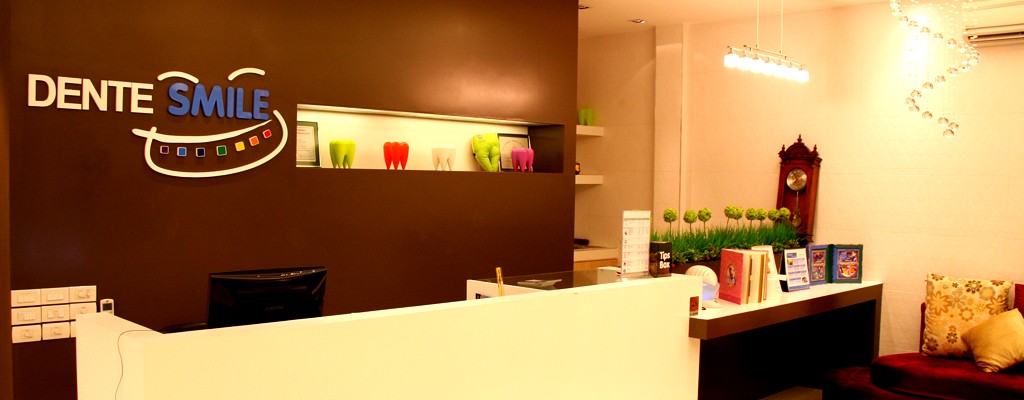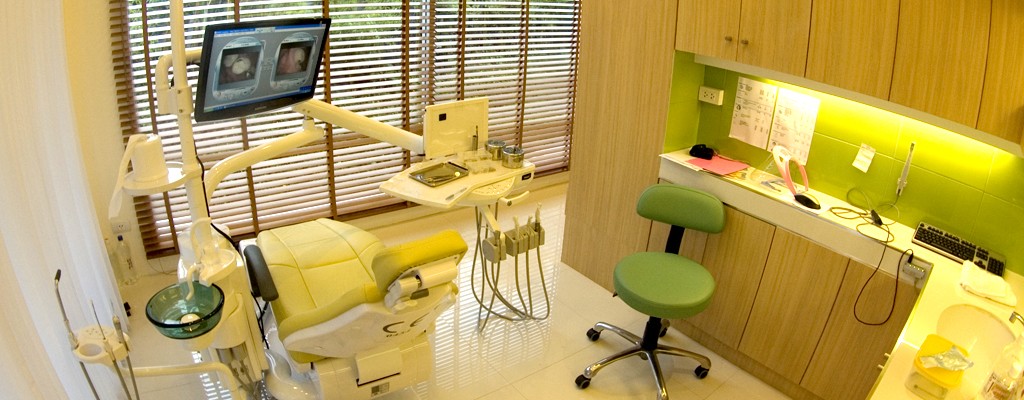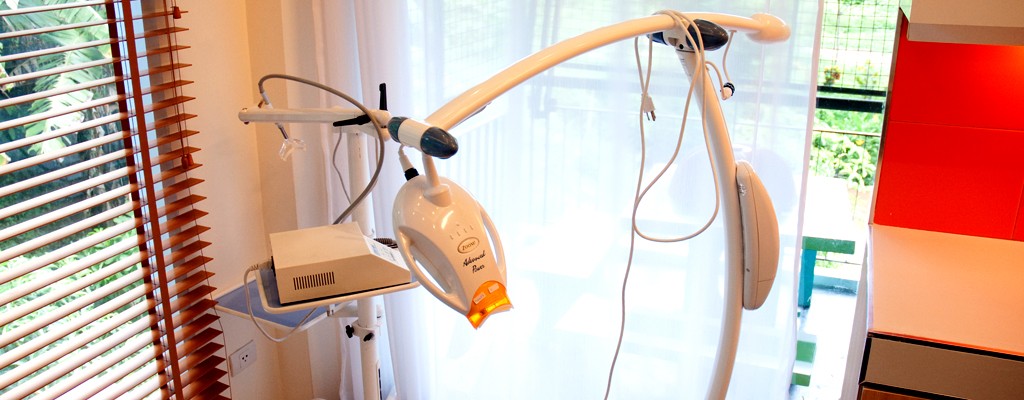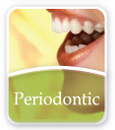Dental veneers (sometimes called porcelain veneers or dental porcelain laminates) are wafer-thin, custom-made shells of tooth-colored materials designed to cover the front surface of teeth to improve your appearance. These shells are bonded to the front of the teeth changing their color, shape, size or length.
Dental veneers can be made from porcelain or from resin composite materials. Porcelain veneers resist stains better than resin veneers and better mimic the light reflecting properties of natural teeth. Resin veneers are thinner and require removal of less of the tooth surface before placement. You will need to discuss the best choice of veneer material for you with your dentist.
What Types of Problems Do Dental Veneers Fix?
Veneers are routinely used to fix :
- Teeth that are discolored - either because of root canal treatment; stains from tetracycline or other drugs, excessive fluoride or other causes; or the presence of large resin fillings that have discolored the tooth.
- Teeth that are worn down.
- Teeth that are chipped or broken.
- Teeth that are misaligned, uneven or irregularly shaped (for example, have craters or bulges in them).
- Teeth with gaps between them (to close the space between these teeth).
What Are the Advantages of Dental Veneers?
Veneers offer the following advantages :
- They provide a natural tooth appearance.
- Gum tissue tolerates porcelain well.
- Porcelain veneers are stain resistant.
- The color of a porcelain veneer can be selected such that it makes dark teeth appear whiter.
- Veneers offer a conservative approach to changing a tooth's color and shape-veneers generally don't require the extensive shaping prior to the procedure that crowns do, yet offer a stronger, more aesthetic alternative to bonding.
|







































